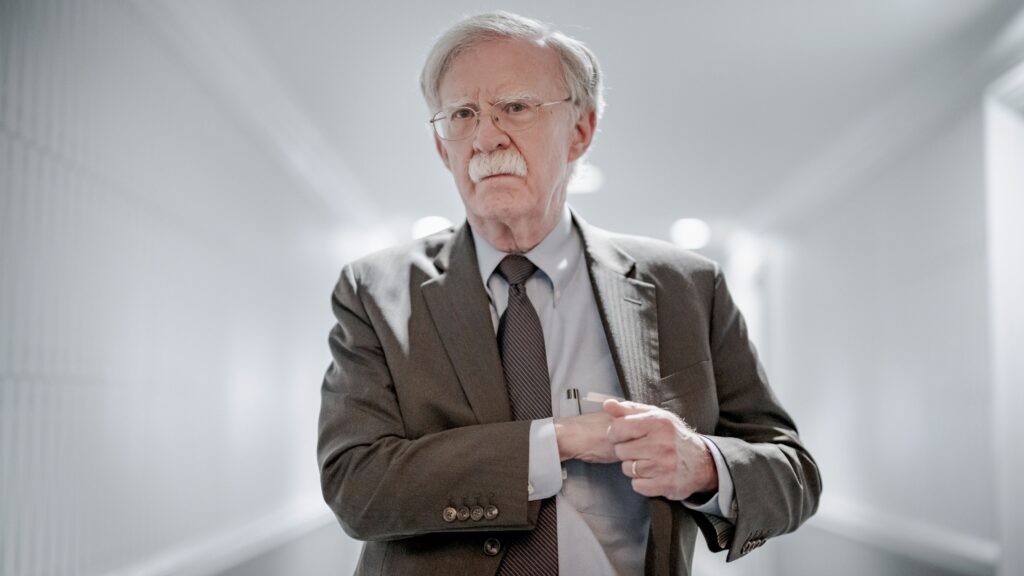
Introduction
John Bolton, the former National Security Advisor to President Donald Trump, remains a significant and controversial figure in American politics and foreign relations. His hawkish views and strong advocacy for military intervention have sparked intense debate on U.S. diplomacy, particularly during his tenure from April 2018 to September 2019. Understanding Bolton’s stance is crucial as current global tensions continue to unfold, impacting both domestic and international policies.
Bolton’s Career and Political Influence
Bolton has long been regarded as a staunch advocate for a robust American military presence abroad. Before his role in the Trump administration, he served in various capacities, including as the U.S. Ambassador to the United Nations under President George W. Bush. His tenure was marked by a firm commitment to the U.S. unilateralism doctrine, often criticizing diplomatic negotiations with nations such as North Korea and Iran.
Recently, Bolton has re-emerged as a vocal commentator on international crises, providing insights into events such as the ongoing tensions between the U.S. and China, and the situation in Ukraine amidst the Russian invasion. In interviews, he has emphasized the need for a decisive American response to perceived threats, echoing his historical advocacy for confrontational approaches.
Recent Developments
Just last month, Bolton expressed alarm over the state of U.S. foreign policy, describing it as inconsistent and reactive. He underscored the importance of strategic planning and foresight in dealing with China, stating, “If we don’t project strength, we risk emboldening adversaries, which could have severe consequences for global stability.” His comments came at a time when President Biden’s administration is facing scrutiny over its handling of international relations.
Furthermore, Bolton has been critical of negotiations with North Korea, suggesting that any concessions could lead to increased aggression from Kim Jong-un. His perspective reflects a growing faction within political circles advocating for a more aggressive posture in international dealings.
Conclusion
As political discussions intensify regarding U.S. foreign policy, John Bolton’s views provide a distinct lens through which to analyze the complexities of modern diplomacy. His recent remarks highlight ongoing challenges in navigating international relations and underline the potential ramifications of U.S. strategies on global stability. Whether or not one agrees with his perspectives, Bolton’s role in shaping contemporary discussions is undeniable. As the geopolitical landscape evolves, it will be important for both policymakers and citizens to consider diverse viewpoints, including those of influential figures like Bolton, to foster a comprehensive understanding of the issues at hand.



